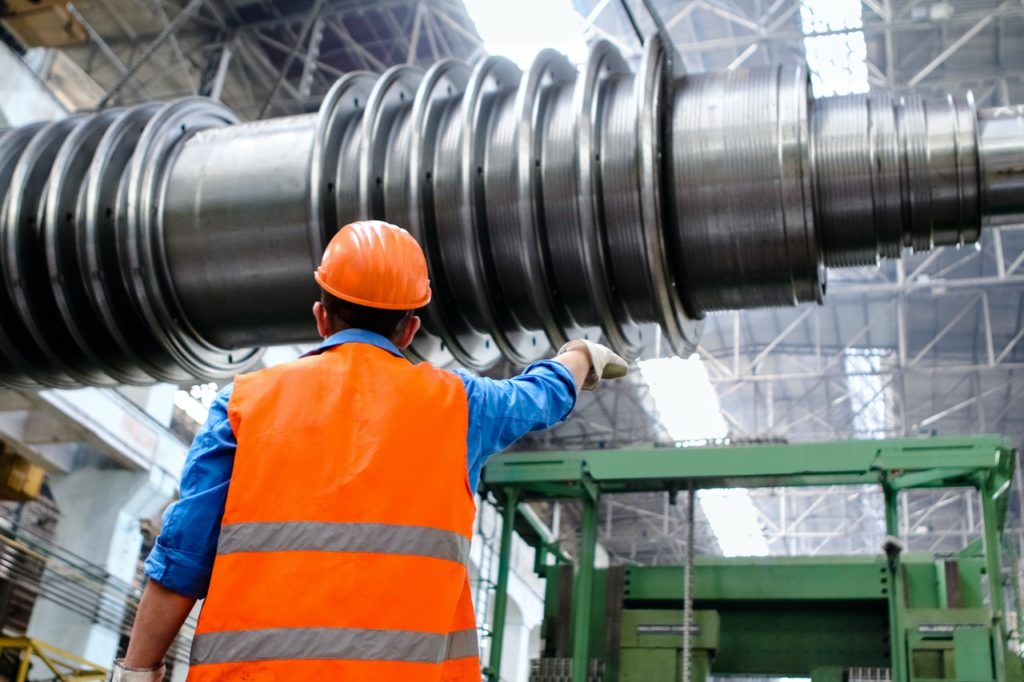Throughout the ages, there have been different industries leading a country’s economic growth. For example, in the United States, the most prosperous business areas in the 18th and 19th centuries were agriculture, the processing of metals, and the railroad. People had to eat, make simple things, and travel.
With the passage of time and the continuous development of technology, other industries came to the forefront, including real estate, finance, different transportation systems, and information technology.
As we move further into the 21st century, let us look at the most important trends defining some of today’s biggest industries.
Food Services
Currently, there are two major trends in the food services industry. The first one is the provision of food delivery and storage services. The second relates to the boom in small and medium-sized franchising opportunities.
One of the covid-19 global pandemic’s biggest effects is the growing need for social distancing and isolation. Thus, men and women cannot go out as much as before, especially to places with large congregations such as restaurants and shopping malls.
Even though this has generated dramatic losses to all consumer retail goods providers, it has also provided individuals with opportunities for entrepreneurship. In the current market conditions, a person looking for a new business idea can purchase a few manufacturing equipment solutions and start a food delivery business.
In terms of franchises, there has recently been a shift in name interest. Instead of popular brands like McDonald’s, Burger King, and KFC, investors are exploring smaller, less known chains with high growth potential and offering a wider range of food options.
Real Estate
The biggest trend in the housing real estate industry is smart homes. Once again, there are two vital areas to explore, safety and convenience. If your house is not safe, it doesn’t matter how much technology you have inside it. And if technology doesn’t make your life easier and better, then there is no need for it.
When it comes to safety, the first thing we can talk about is interconnectivity. This means that your property is connected to you via your smartphone or tablet and to other areas within the property itself and public service safety and assistance institutions like the police, fire department, and hospitals.
Once your house is safe from both internal and external risk, the next step is to make it more convenient. Aside from well-known gadgets like smart TVs and speakers, today’s smart houses also include automated temperature control devices, intelligent lighting, and energy efficiency systems.
Finance
In 2014, Russian national Andrei Tyurin conducted a cyber attack against the US-based financial institution JP Morgan. The result was the theft of more than 80 million customer records, including personal information, transactional data, and credit card numbers. It was the worst security breach in history.
If one man could hack into a seemingly impenetrable system from a computer in his house, imagine what an entire criminal organization with adequate technical and financial resources could do. Picture the consequences such an attack would have on the financial institution itself and the national and even global economy as a whole.
The importance of financial security is an issue that can clearly not be undermined. Luckily, cyber breaches have led to incredible advancements in data protection and firewall technologies. Still, for financial institutions, governments, and police organizations, it is not a time to rest on their laurels. The risks are in a constant state of escalation. Hence, so should be the mechanisms in place against them.
Automotive
One cannot talk about the automotive industry without mentioning the environment. It is true for both private vehicles and public transportation services like taxis, metros, and buses. The earth’s natural resources are depleting faster than anybody could have ever imagined, and pollution, greenhouse gases, and CO2 emission are destroying our ecosystems at an alarming rate.
This has caused a paradigm shift in how car manufacturing companies tackle their businesses. Their approach needs to be one of balance between sales, corporate growth, and environmental responsibility.

Giants like Mercedes-Benz, BMW, Ford Motors, and Toyota have noted the new reality in the automotive industry. As a result, they are beginning to take the necessary steps to ensure both prosperity and sustainability.
Four of the biggest industries in most developed economies are food services, real estate, finance, and automotive. Aside from generating incredible amounts of income, they are the driving force behind government policies and corporate decisions on a national scale.
How they deal with the present situation and adapt to the circumstances will continue to define whether countries move forward or lag.

